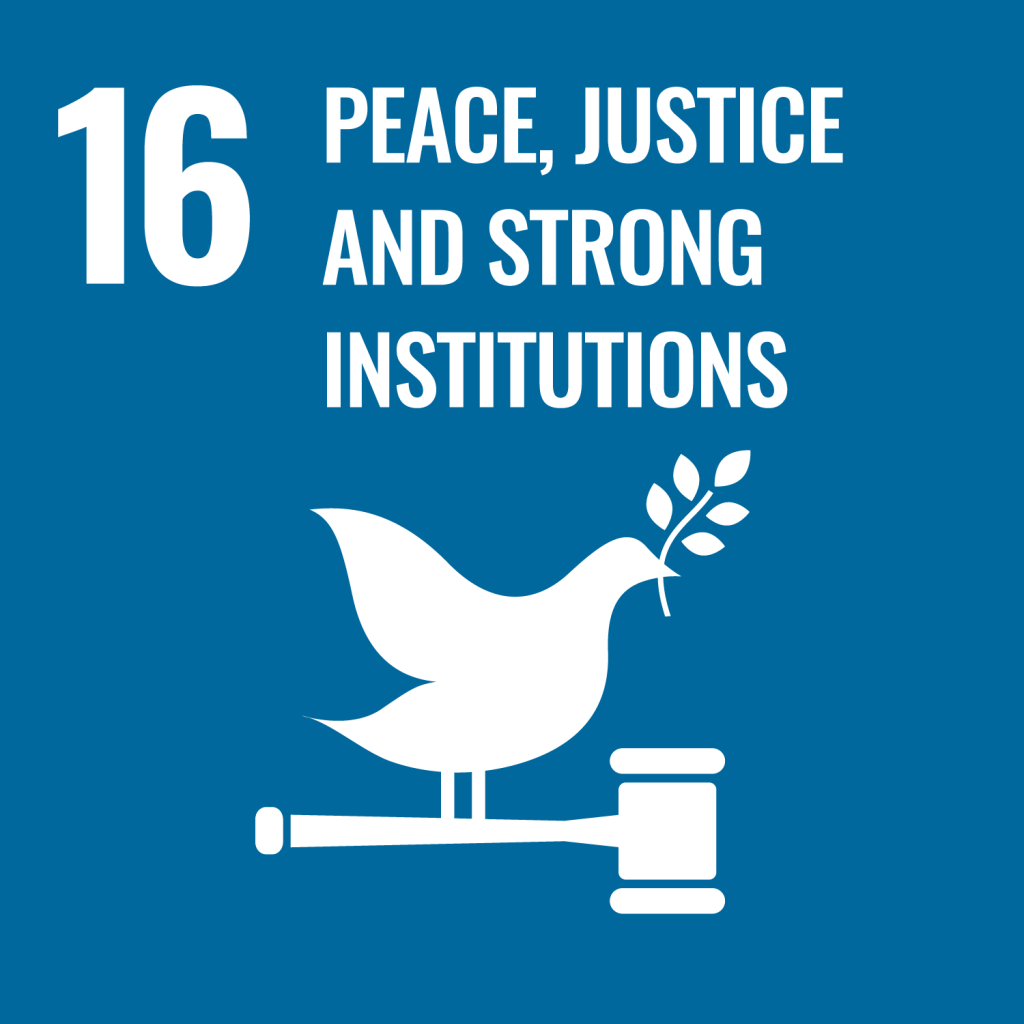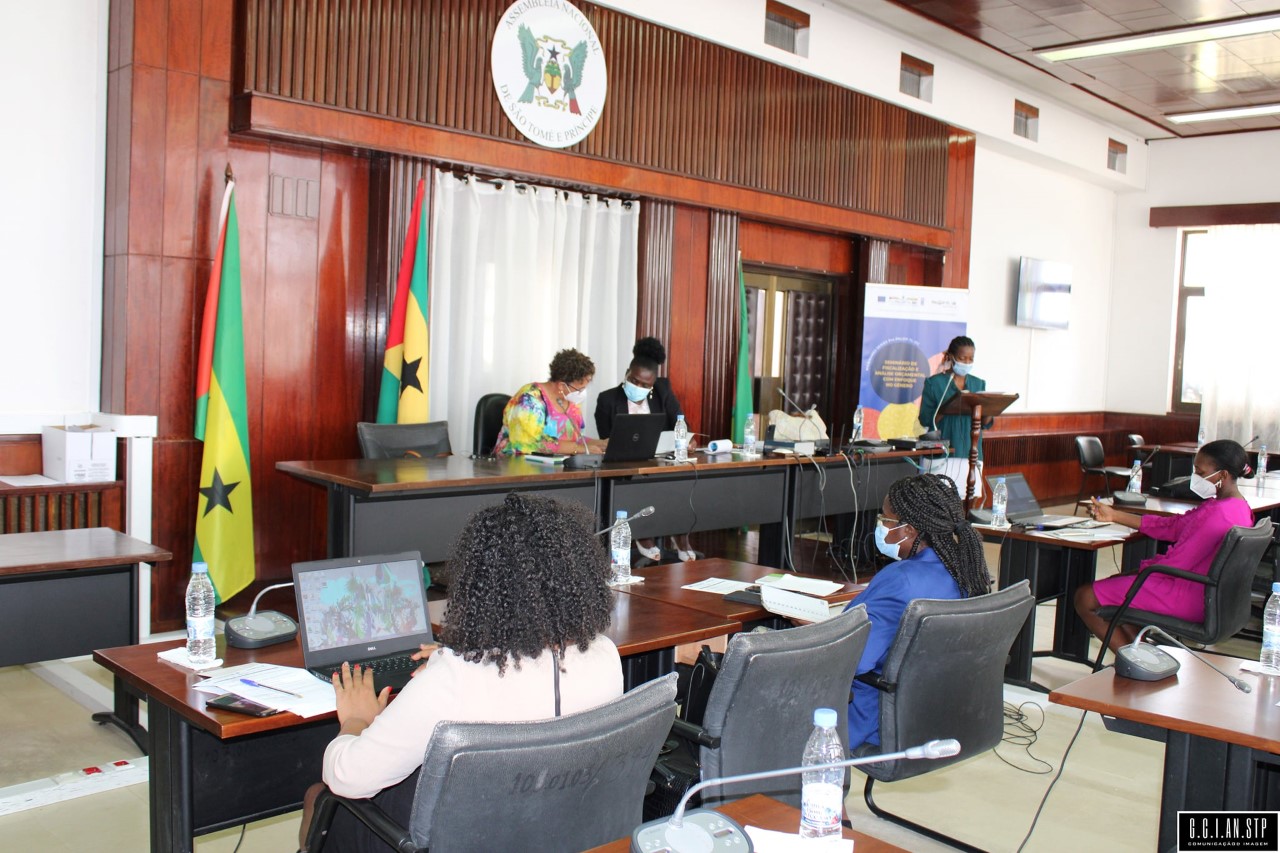 Strengthening Technical and Functional Skills for Public Finance Control in Portuguese-speaking African Countries and Timor-Leste
Good economic governance for an efficient and effective use of public resources
Strengthening Technical and Functional Skills for Public Finance Control in Portuguese-speaking African Countries and Timor-Leste
Good economic governance for an efficient and effective use of public resources

Challenges
Over the past decade, the Portuguese-speaking countries of Angola, Cabo Verde, Guinea-Bissau, Mozambique and Timor-Leste have experienced significant progress with economic governance. Public finance management reforms have been the main reason for this success. However, weaknesses, including inadequate institutional capacity, skills and human resources, continue to hamper public administration systems in these countries. This situation has undermined effective public finance management, budgetary oversight and control of public resources, which has significant adverse impacts on other governance and development sectors.
Towards a Solution
Since 2014, the European Development Fund, National Authorizing Officers of Timor-Leste and the African countries using Portuguese as an official language (PALOP), in coordination with the European Union, have partnered with the United Nations Development Programme (UNDP) to strengthen good economic governance through the ProPALOP project to bolster the effectiveness of external political, judicial and civilian controls of public finances in these countries. UNDP Cabo Verde is the implementing partner and hosts the Programme Management Unit. UNDP Country Offices in Angola, Guinea Bissau, Mozambique, Sao Tome and Principe, Timor-Leste oversee project assurance and project support in the beneficiary countries.
The project aims to support good governance by strengthening the technical and functional skills of supreme audit institutions, parliaments, parliamentarians, civil society and the media in the countries. Beneficiary institutions, in particular supreme audit institutions and parliaments, fulfill an important role in the prevention of corruption and mismanagement of public funds and facilitate more efficient and effective use of public resources.
The project has been supported by the European Union and UNDP for three cycles, with an expected end date of November 2021. The first phase supported electoral cycles, making space for more voice and representation. Following this, the project concentrated on strengthening external control institutions (Supreme Audit Institutions, parliaments and civil society organizations) to enhance the efficiency of Public Finance Management Systems. In the third phase, economic governance and Public Finance Management Systems are being consolidated in the project countries, with the involvement also of Brazil and Portugal.
The logic for the project’s multi-country intervention is grounded in the principles of mutual benefit, sovereignty, national ownership and equality. It creates conditions for participating institutions to form synergies and boost dynamics through the exchange of experiences and joint learning within the framework of South-South cooperation. The project supports partners in accessing good practices and knowledge in the area of external control, legislative oversight and public scrutiny of public funds. It addresses capacity needs in each of the programme countries and tailors activities to the common needs of PALOP.
The main outcomes achieved through the project to date are listed below.
- A platform was set up in collaboration with AGORA (the largest on- line platform for parliamentary strengthening in the world), the International Organization of Supreme Audit Institutions (INTOSAI) and the Organization of Supreme Audit Institutions of the Community of Portuguese Speaking Countries (OISC/CPLP). In collaboration with the PALOP legal database (www.legis-palop.org/bd/Home. aspx/Plataforma) and the work of the Community of Portuguese Language Countries Open Budget Initiative, a Lusophone branch was established within the PALOP legal database and in the AGORA global knowledge management platform for parliamentarians (www.ago- ra-parl.org/projects)
- Capacity development was provided to more than 1,300 individuals from beneficiary institutions.
- A letter of commitment on gender-sensitive budgeting was signed by the presidents of the PALOP-TL Networks, Groups and Women Parliamentarians' Offices to promote the integration of the gender approach in planning and budgeting processes.
- The first Community of Practices of State Actors in the Public Finance Management System was created for the PALOP countries as a mechanism to promote South-South and triangular cooperation, which supports the exchange of experiences, peer learning and the development of technical capacities among the Ministries of Finance, Supreme Audit Institutions and parliaments of the PALOP countries and Timor-Leste. The entities produced a guiding document called The Luanda Charter, which includes important recommendations and lays out the commitments of the three-state actors of the public finance management ecosystem in each country, for a national and collective strengthening of the management of public accounts.
- The first online platform of civil society organizations in the PALOP and Timor-Leste for national budgetary analysis and simplification purposes is in the process of being created. The platform will help increase transparency and citizen awareness.
The initiative’s innovation is three-fold, as described below.
- It creates a shared history of processes, institutional practices, legal frameworks, cultural ties and fraternity that unite the African Portuguese-speaking countries and Timor-Leste.
- The engagement with key beneficiary institutions in the formulation and execution of the project has resulted in strong ownership of the participating countries.
- The online platforms created are anchored in existing, successful global and regional knowledge management and information-sharing platforms.
To ensure the project’s sustainability, governance institutions not only in the project countries but also from Brazil and Portugal, are engaged using South-South and triangular cooperation methods.
This project has proven to be scalable, with a similar intervention under-way in countries in the Pacific region, including an intervention in Timor- Leste that is fully funded by the European Union.
Contact Information
Countries involved
Supported by
Implementing Entities
Project Status
Project Period
URL of the practice
Primary SDG
Secondary SDGs
Similar Solutions
| NAME OF SOLUTION | Countries | SDG | Project Status | |
|---|---|---|---|---|
A Billion Brains: Smarter Children, Healthier Economies High Level Meeting on South-South Cooperation for Child Rights |
Angola, Cabo Verde, Guinea Bissau, Mozambique, Sao Tome and Principe, Timor-Leste | 17 - Partnerships for the Goals | Completed | View Details |
Accelerating the Implementation of African Union Treaties in São Tomé and Príncipe South-South learning from the Beninese judicial system’s experience in the application of human rights treaties to its national law |
Angola, Cabo Verde, Guinea Bissau, Mozambique, Sao Tome and Principe, Timor-Leste | 05 - Gender Equality | Completed | View Details |
Accelerating the Transformational Shift to a Low-Carbon Economy in Mauritius Towards supplying 35 percent of the country’s energy needs with renewables by 2025 |
Angola, Cabo Verde, Guinea Bissau, Mozambique, Sao Tome and Principe, Timor-Leste | 05 - Gender Equality 09 - Industry, Innovation and Infrastructure 13 - Climate Action | Ongoing | View Details |
Accelerator Labs Network Following collective intelligence methods to address emerging sustainability challenges and the growing demand for local solutions |
Angola, Cabo Verde, Guinea Bissau, Mozambique, Sao Tome and Principe, Timor-Leste | 08 - Decent Work and Economic Growth 13 - Climate Action | Ongoing | View Details |
Access to Justice through e-Services and Dematerialized Case Management Scaling up connectivity and unlocking the digital potential of judicial institutions to enhance access to justice for all |
Angola, Cabo Verde, Guinea Bissau, Mozambique, Sao Tome and Principe, Timor-Leste | 05 - Gender Equality | Completed | View Details |

